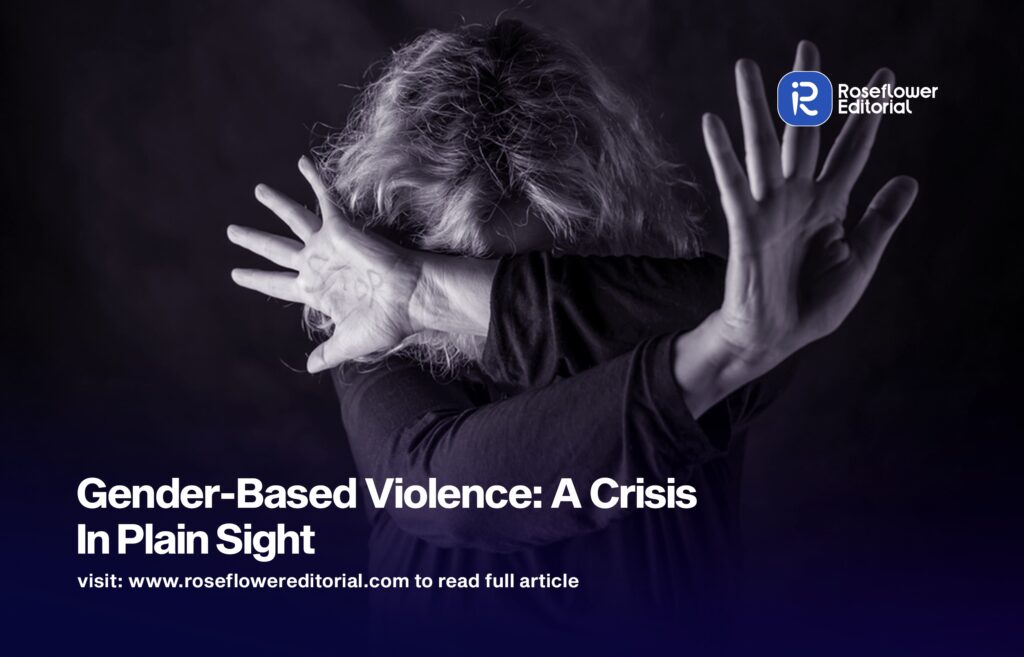
What if we told you that every minute, somewhere in the world, a woman or child is enduring abuse in silence? Despite affecting millions of people globally, gender-based violence (GBV) remains largely hidden and underestimated. It’s not only physical abuse that takes a toll but also emotional, sexual, and psychological violence that leaves deep, lasting scars.
While women and girls are disproportionately affected, men and boys face GBV too, though their experiences are often overlooked. As we observe the 16 Days of Activism against GBV, one urgent question remains: How much longer will we let this crisis continue?
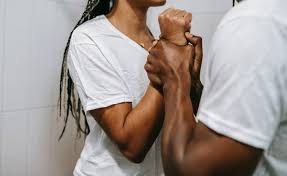
(Photo Reference: Business Africa Online)
What Is Gender-Based Violence? Understanding Its Various Forms
“Gender-based violence is a violation of human rights that affects all of us,” says UN Women. This powerful statement underlines the universal nature of GBV, which is driven by discrimination and power imbalances. GBV can take many forms, including:
-
- Physical Violence: Such as beating or other forms of physical abuse.
-
- Sexual Violence: Rape, harassment, and other non-consensual sexual acts.
-
- Emotional and Psychological Abuse: Manipulation, threats, and behaviors that undermine a person’s confidence.
-
- Economic Abuse: Restricting a person’s financial independence or resources.
GBV occurs in private and public spaces, cutting across ages, genders, and socioeconomic backgrounds. Sadly, the fear of stigma, lack of resources, and systemic failures often prevent victims from seeking the help they need.
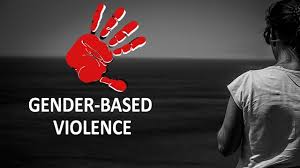
(Photo Reference: This Day Live)
The Shocking Stats: GBV’s Global Reach and Impact
When we think of gender-based violence, it’s easy to assume it affects only certain groups or regions. The reality is far more disturbing. According to the World Health Organization (WHO), nearly 30% of women globally have experienced physical or sexual violence by an intimate partner. However, GBV extends well beyond intimate relationships.
Studies reveal that 1 in 6 men have faced sexual violence at some point in their lives, whether by a relative, neighbour, or friend. GBV impacts people across all genders, ages, and communities, leaving lasting effects on individuals, families, and economies.
The financial burden is immense, with increased healthcare costs and lost productivity. Survivors face lifelong consequences that extend to their families and communities, emphasizing that GBV is not just a personal issue, but a global crisis that demands urgent action.

(Photo Reference: United Nations)
Why Does GBV Persist? Cultural and Societal Barriers
Why does gender-based violence continue to persist despite global efforts to end it? The Nigerian proverb, “The man who is not afraid of the night will never understand the value of daylight,” illustrates the need for awareness to drive change. Many communities continue to normalize GBV due to:
-
- Cultural Attitudes: Traditions that perpetuate unequal gender roles and stigmatize victims.
-
- Weak Legal Systems: Laws that are inadequate or poorly enforced, leaving victims unprotected.
-
- Victim Blaming: A culture that holds survivors accountable for the violence they experience instead of focusing on the perpetrator’s actions.
These challenges make it difficult for victims to speak out or seek justice, reinforcing a cycle of violence that is hard to break.
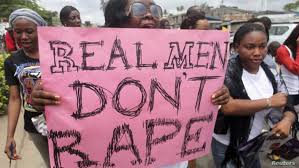
(Photo Reference: Building Blocks for Peace Foundation)
Consequences of Gender-Based Violence: Lasting Effects on Individuals and Society
The impact of gender-based violence (GBV) is far-reaching and devastating. Victims often endure not just immediate physical harm but also chronic health problems, including reproductive issues and long-term pain. Mental health is deeply affected, with survivors facing depression, anxiety, and PTSD.
Economically, GBV takes a toll as victims miss work and face high medical expenses. Relationships are strained, leading to isolation and family breakdowns. Communities feel the effects too, with increased fear and mistrust hindering social and economic growth. Children who witness GBV may develop emotional challenges and could continue the cycle into adulthood.
Limited resources and support systems make it difficult for survivors to seek justice and heal. GBV is not just an individual issue; it is a major barrier to equality and a threat to society’s well-being. Will we continue to ignore its consequences?
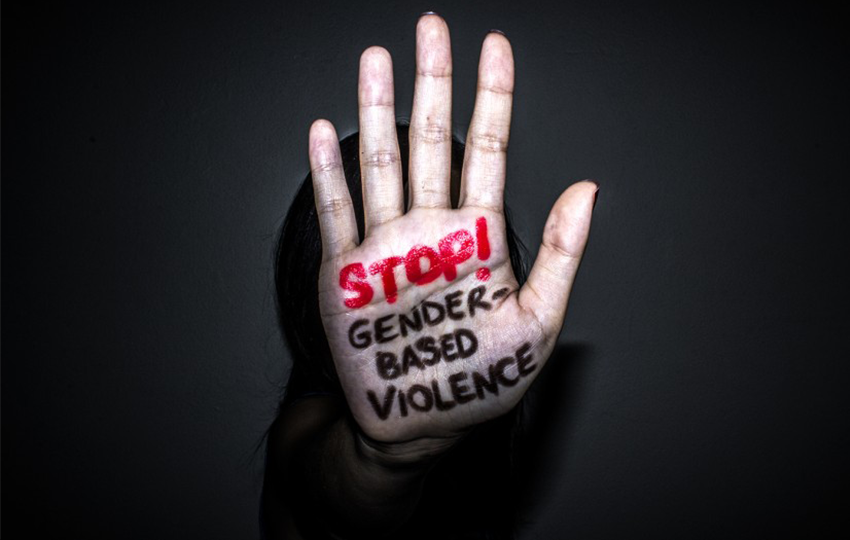
(Photo Reference: Institute of Entrepreneurship Development)
How You Can Make a Difference: Raising Awareness and Taking Action
Every action, no matter how small, can contribute to ending GBV. Here’s how you can help:
-
- Educate Yourself and Others: Understanding the signs of abuse and discussing GBV openly helps break the stigma.
-
- Support Survivors: Approach them with compassion and guide them to the resources they need for support.
-
- Advocate for Stronger Laws: Work with your community to push for better victim protection and stronger accountability for perpetrators.
-
- Join or Start Initiatives: Engage in local or global campaigns that promote awareness and offer resources to those in need.
- Supporting global movements and local organisations can amplify your impact. Whether you volunteer, donate, or share information, every effort counts.
The Urgency of Ending GBV Now
The Latin phrase “Non sibi, sed patriae”—Not for oneself, but for the greater good—reminds us of the importance of collective action. Ending gender-based violence is not just a moral imperative; it’s necessary for a just and safe world for all. As a community, we must act now. Raise your voice, support survivors, and stand with those working to create a world free from GBV.
Will you be part of the solution?
We are thrilled by your continued interest and enjoy reading your comments on our articles. Stay with us for more exciting updates and fresh content. Let us know your thoughts in the comments section, and don’t forget to stay tuned for more updates as you connect with us on Facebook, Instagram, website and LinkedIn. If you missed my previous article, kindly click here.
Written by Patience Ubi.
Associated Writers Tominsin Gbadamoshi, Rhoda Erhabor
Edited, Proofread, and Published by Rhoda Erhabor.
Featured Photo designed by Precious Utoware

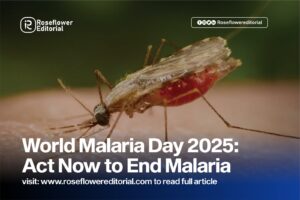











11 Responses
I am excited about the 12-day activism.
We all excited. Thank you for always commenting.
Enough is enough!
Let’s put an end to it.
With the 16-Day activism, an end is almost here.
All hands must be on deck.
Thank you ma.
“The impact of gender-based violence (GBV) is far-reaching and devastating. Victims often endure not just immediate physical harm but also chronic health problems, including reproductive issues and long-term pain. Mental health is deeply affected, with survivors facing depression, anxiety, and PTSD.”
This is my take-home from this article.
Thank you, Patience.
Thank you Rhoda for taking the time to edit and publish.
I couldn’t agree more with the sentiments expressed here. The Latin phrase ‘Non sibi, sed patriae’ serves as a poignant reminder that our individual actions must be guided by a sense of responsibility to the greater good.
The eradication of gender-based violence
(GBV) is a pressing moral imperative that requires collective action and a unwavering commitment to creating a just and equitable society.
As you so eloquently stated, ending GBV is not only a moral necessity but also a prerequisite for building a safe and inclusive world for all. It is our collective responsibility to raise awareness, support survivors, and amplify the voices of those working tirelessly to combat GBV.
Let us indeed act now, with courage, compassion, and conviction. Together, we can create a world where everyone can live free from fear, violence, and oppression. Thank you for this powerful call to action!
Thank you the pen goddess for this wonderful piece.
Your closing remark provides a call to action urging both gender with the responsibility of acting now with courage, compassion and conviction .
Thank you Ekeyong.
Very informative. End GBV! It does harm both to individuals and the nation at large.
There’s no better way to nip it in the bud.
I appreciate your response, Chinonye.